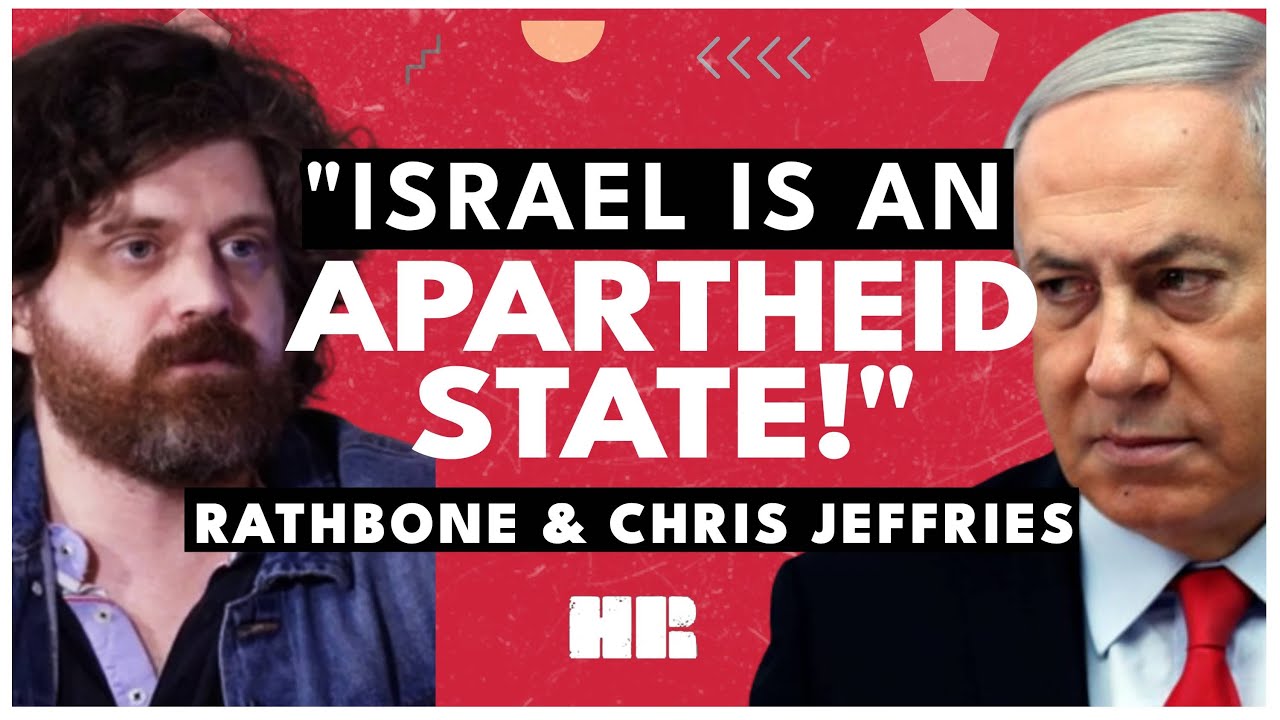Rathbone discusses the complexities of capitalist systems, using the examples of New Orleans' corrupt politics and the Israeli-Palestinian conflict. He shares his perspective on the struggling city of New Orleans, attributing its corruption to capitalist systems and admitting his deep connection to the city despite its challenges. However, he also emphasizes its unique history and cultural contributions. Regarding the Israeli-Palestinian conflict, Rathbone and Chris Jeffries discuss the historical context, including the displacement of Palestinians and the use of violence. They argue that Palestinians, like the Houthis in Yemen, resist by disrupting trade and challenging power imbalances. Rathbone is critical of international involvement, particularly the role of the United States, and expresses sympathy for resistance groups. The conversation also delves into the complexities of morality and violence in the context of the conflict. Rathbone argues against the condemnation of Palestinians for using violent resistance, noting historical examples of justified violence against oppressors. They also critique undercover Israeli operatives' use of deception, emphasizing its harmful impact on the Palestinian community. Furthermore, Rathbone explores the control of resources and exertion of power through the examples of the Israeli-Palestinian conflict and U.S.-Israeli relationship. He calls for recognition of historical decisions and their consequences and warns of the potential global consequences if such actions continue.
I found a YouTube link in your post. Here are links to the same video on alternative frontends that protect your privacy:

